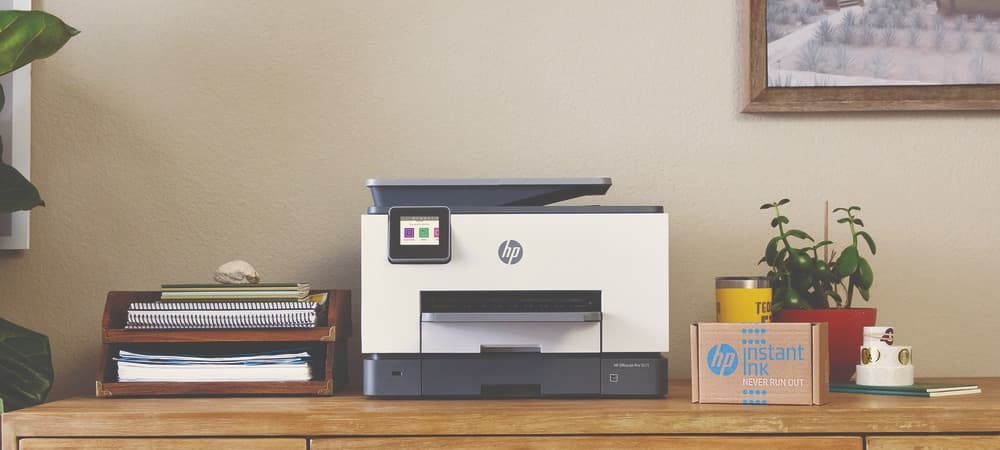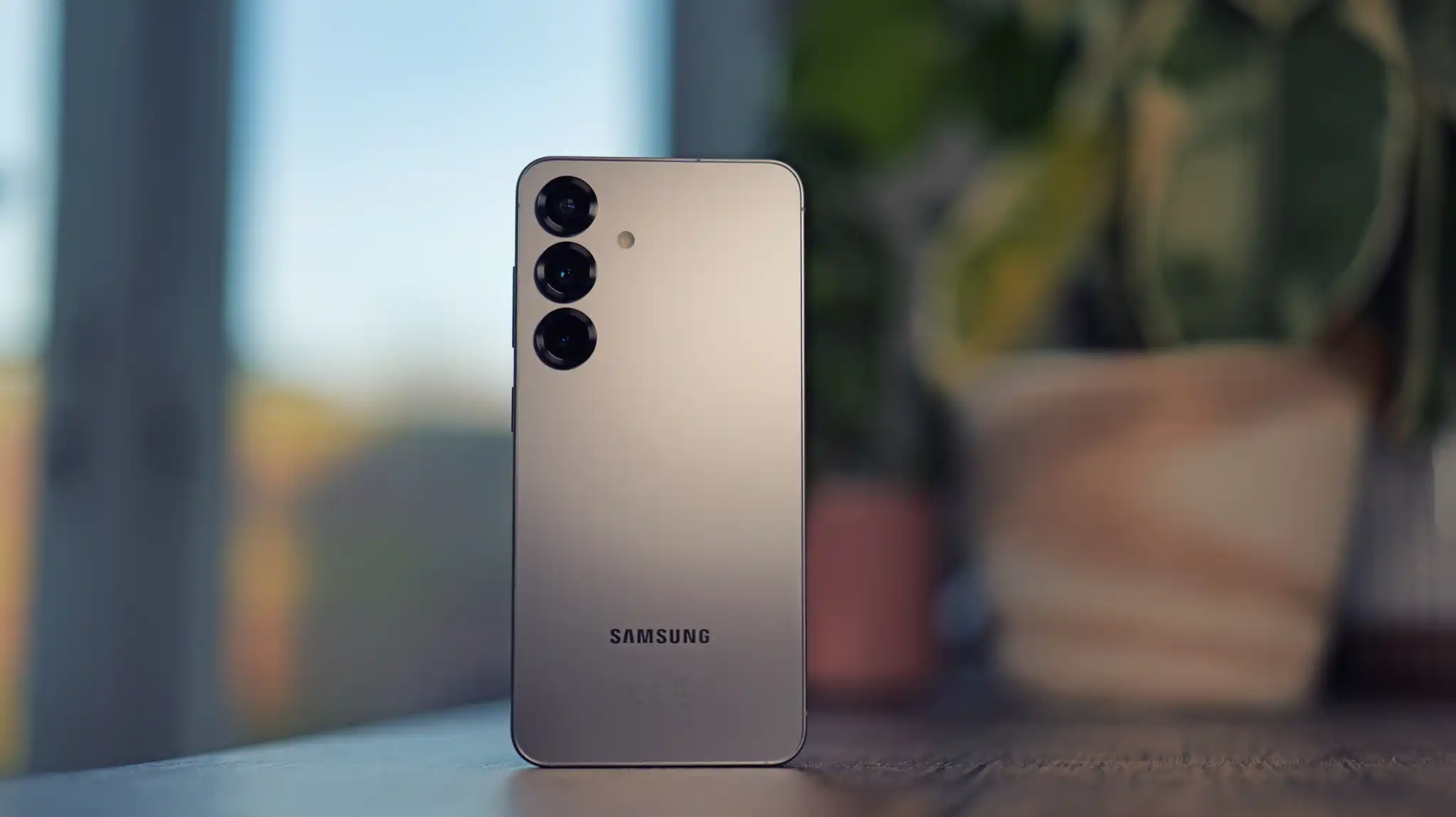
People have long held mixed feelings about printers. They’re notorious for their complex mechanisms prone to breaking down, not to mention the ongoing expense of ink refills. However, HP managed to exacerbate these frustrations with their introduction of printers requiring constant online connectivity and DRM restrictions that blocked third-party ink cartridges.
After facing backlash and legal challenges from frustrated consumers, HP has made a significant decision: discontinuing its HP+ e-series printers. According to reports from Drucker Channel, HP has swiftly halted production of the HP+ LaserJet series, which includes several models distinguished by an “e” at the end of their names. These models, which require an active internet connection to HP servers and employ stringent DRM measures, were designed to enforce the use of HP’s costly ink cartridges over more economical third-party alternatives.
Furthermore, HP’s attempt to shift ink purchasing into a subscription model through its “HP+ Instant Ink” service also faced criticism. This service automatically ordered new toner when levels were low, potentially encouraging unnecessary replacements and locking users into ongoing payments. However, HP has announced plans to discontinue the Instant Ink program later this year, although current subscribers may continue until the service shuts down.
Despite these changes, existing HP+ printers will continue to operate, albeit without new units being sold. Yet, HP’s statement did not clarify whether these printers currently in use will receive updates to remove their dependency on constant internet connectivity. This uncertainty leaves owners of these models wondering about the future usability of their devices if HP decides to discontinue server support.
HP’s move reflects broader discontent among consumers who are increasingly turning away from traditional printing practices. With digital solutions becoming more prevalent, such as mobile ticketing and document sharing via smartphones, the need for personal printers has diminished. HP’s attempt to enforce its ink ecosystem through subscription models and DRM protections has not resonated well with a market increasingly skeptical of such restrictive practices.




